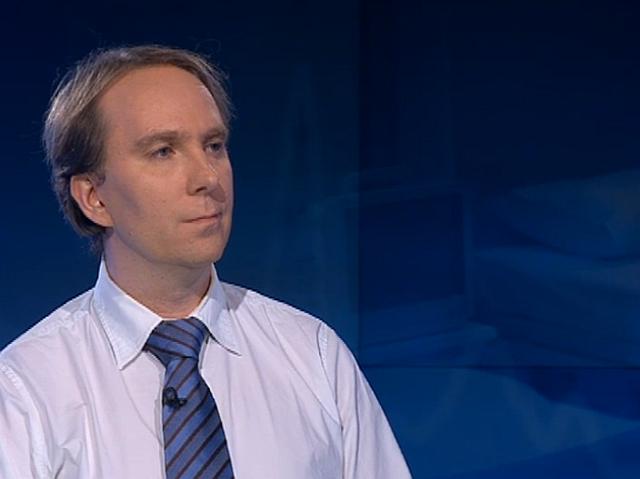
Radan's lawyer Milan Krstič has not yet confirmed the information. Radan has been charged by police with several criminal acts, including seven murders of patients. He was arrested on Monday, and on Tuesday the investigating judge decided to keep him in custody for 30 days for iteration risk. His defender announced an appeal.
The Medical Chamber has not revoked his licence yet, and procedures are being led against him at the Chamber's court of arbitration. The arbitration court of first instance of the Medical Chamber has already issued a public reprimand, while the Chamber's prosecutor has proposed also a temporary revocation of his licence. After the appeal from both parties the authority of the second instance will make the decision on Monday; more severe measures are expected this time.
Radan, who worked as a doctor at the Neurology Clinic, is suspected of arbitrarily shortening life of several patients by administering them a lethal infusion. The police found several photographs of deceased patients on his computer. After disclosure of Radan's actions the UMC Ljubljana suspended him, and later fired on fault-based grounds. Head of the department Bojana Žvan and head of the Intensive Care department of Neurology Clinic Viktor Švigelj have been relieved as well.
Systemic solution is required
Such cases as Radan's case could be prevented according to Andrej Robida, a safety expert in health care. He warns that in Slovenia we have no regulations which would assign certain safety protocols for all medical institutions. "The system allowed to this doctor to act in that manner," he claims.
Some medical institutions have safety protocols which were made a decade ago, but are generally not adhering to them, warned Robida. He believes that we need a safety systemic regulation for the entire country.
A. K. K., B. V.
Translated by G. K.

































































